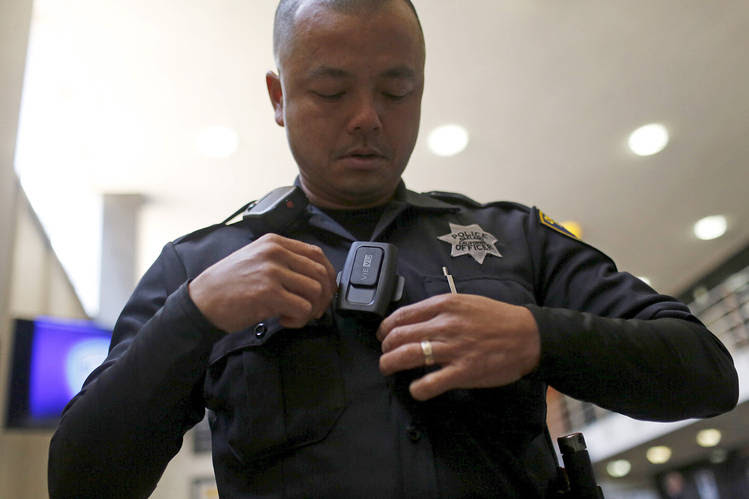In today’s society of “Everyone Wins!” simply for showing up, understanding that criticism is inevitable is often a hard lesson to learn, much less accept, and turn into a positive.
In my policing career, it was not too long out of my field training status that I quickly learned complaints are part of the job, even when doing the job well.
Working midnights, in one of our municipality’s parks notorious for late night activity, I encountered an individual, shall we say enjoying his own company, in the obvious ‘privacy’ of his personal vehicle, in a lighted lot, no less.
I wrote the appropriate citations, suggested that he keep his amorous activity in the privacy of his home, and sent him on his way.
Apparently, rather unsatisfied with his experience, this gentleman put his pride to the side, writing a letter to every official in the municipality of his unfair treatment, specifically stated that he believed that I, as the responding officer, encourage his behavior, even taking time to enjoy the view.
As a new officer, one of the few females on the department, I found this embarrassing and inflammatory. For the record, it was nothing worthy of writing a letter about.
“But I did my job! I handled this well!” I defended. Gales of laughter ensued. Maybe “handled the situation” was not the best defense.
My sergeant explained, “Kid, apparently this guy didn't think so. Moreover, he wants everyone to know. More important than that, in this job, people are going to tell you how they could do your job better. But congrats, that means you are learning how to do the job.”
One of the biggest unexpected challenges in policing, and instruction in policing, is when you do a job to the best of your ability, there will always be critique and criticism.
Accepting Criticism:
1. Practice asking for feedback: If we have a good sense of our performance evaluation prior to the unexpected criticism, we will already know our strengths and our weaknesses. Regularly asking for feedback is an important aspect, it allows us to see outside our own experience, adds insight from perspectives we do not always see, and is a good measure to accept that others see outcomes differently than we do.
2. Differentiate the difference between criticism and cynicism: Feedback that fueled by individuals who are already burnt-out often overshadows any value to their suggestions. Low morale, feeling unappreciated, underpaid, overworked can be normal sentiments in this field. Many of these elements of policing are valuable to understanding and improving our role; however when seeking individual feedback, be cautious of the motives of critics.
3. Increase Self Awareness: Establish your own moral compass: Personal values are prescriptive, meaning they actually shape our decision-making and how we view the world. They are the moral base that give our actions meaning, they are the purpose it which light the fire behind our behavior. A confident sense of the values that shape our behavior strengthens our ability to accept outside perspective without chipping away at our own sense of self. The stronger we feel in our own viewpoints, we can accept outside viewpoints, adjust our own perspective as needed.
4. Learn from your leadership: To offer constructive criticism only to have it ignored is a hopeless feeling. When offering criticism to others, what are the goals of providing your viewpoint? How do you want your thoughts considered? If taking the time to offer our thoughts and opinions, we often want to see follow through. Practice seeking feedback, but then implementing suggestions on probationary period if the suggestions have value, as can always go back to the drawing board if the feedback did not offer solutions.
5. Leave the ego at the door. Success often comes from learning from our mistakes. However, it is not easy to make public or professional mistakes. To err … is a personal failure. Therefore, practice adjusting mindset that to one that every winner has overcome adversity, we learn through trial and error and that hands-on practice is a continual process. Mistakes are simply the stepping-stone to being one-step closer to finding a solution.
Accepting criticism is not easy.
However, as it is essential, learning how to differentiate between the critics that can help us improve, and those that can be filtered out is an important task.
Most of us do not like criticism; it is not a natural skill set, accepting criticism requires thoughtful practice.






























